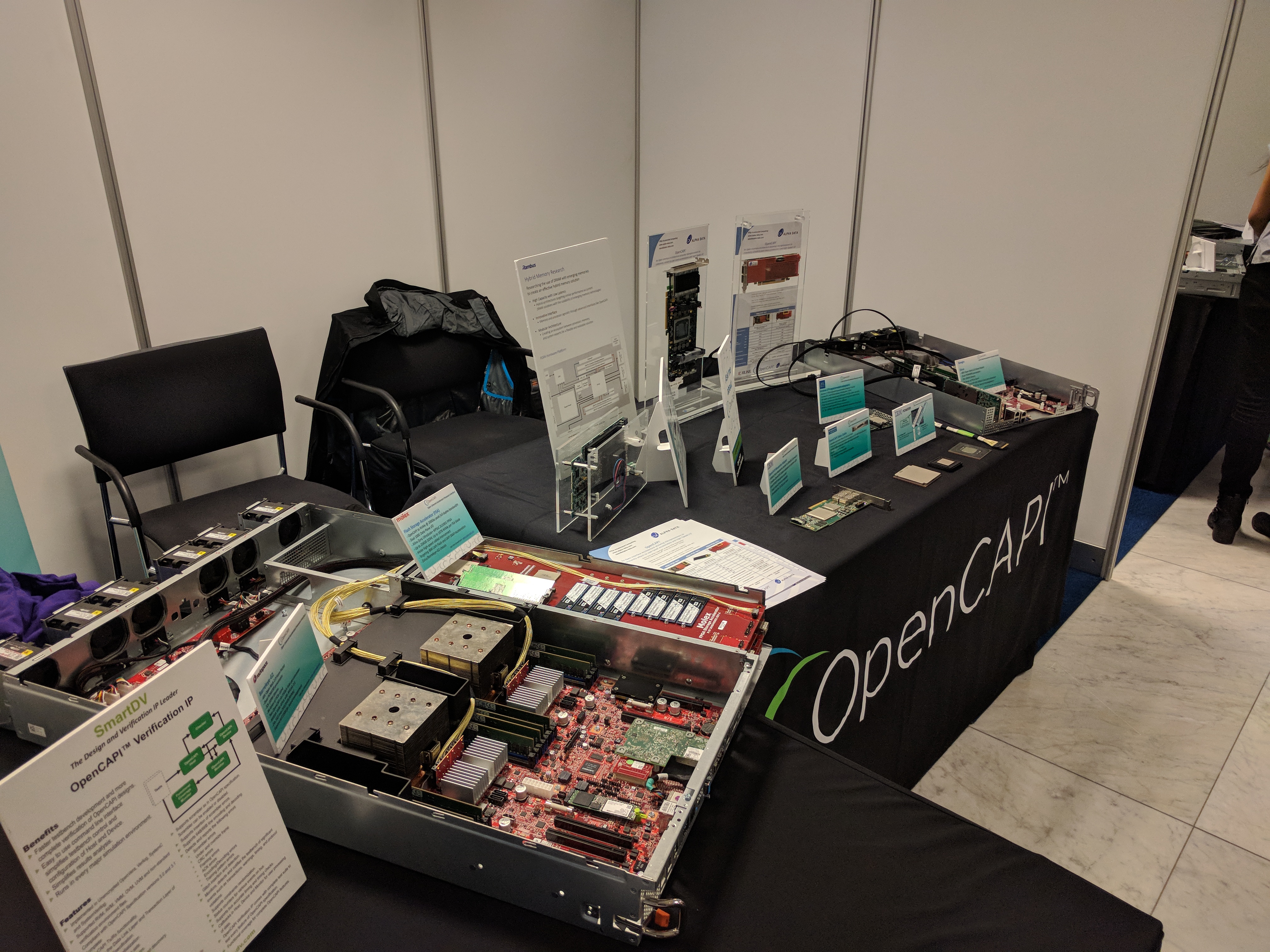This is part of a recurring series between May – August 2019 on the Community Blog about Fedora Happiness Packets. These posts are published as part of a series of prompts from the Outreachy program.
From Outreachy.org: The theme for this week is “Modifying Expectations”. Outreachy mentors and interns start the internship with a specific set of project goals. However, usually those goals need to be modified, and that’s perfectly fine! Delays to projects happen. Maybe your project turned out to be more complicated than you or your mentor anticipated. Maybe you needed to learn some concepts before you could tackle project tasks. Maybe the community documention wasn’t up-to-date or was wrong. These are all perfectly valid reasons for projects to be a bit behind schedule, as long as you’ve been working full-time on the project. In fact, free and open source contributors have to deal with these kinds of issues all the time. Projects often seem simple until you start working on them. Project timelines are ususally a very optimistic view of what could happen if everything goes exactly as planned. It often doesn’t, but people still make optimistic plans. Modifying your project timeline to set more realistic goals is a skill all contributors need to learn.
Your goal for this week’s blog post is to write a report about your progress on your project. Talk about what you accomplished so far. Talk about what goals too more time than expected. The blog post should also detail what your modified goals for the second half of the internship is.
Continue reading





Recent Comments